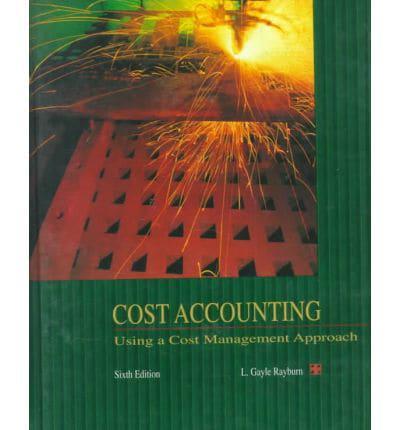Relate what you have learned from Whist operations in C5-16 about recognizing the weakest link by applying
Question:
Relate what you have learned from Whist operations in C5-16 about recognizing the weakest link by applying this theory to personal characteristics. Assume the goal of the following fictitious individuals is to obtain or keep a good-paying, rewarding job that offers them challenges.
Individual A is from a poor economic background and is working his way through college.
His parents are very proud of his high grade point average, especially since they were never able to attend college. Even though they are giving him all their love and support, A recognizes that he lacks the social class of many of his fellow students. For instance, at a recent school dinner, he was at lost as to which fork to use for his salad; also he kept quiet during a discussion concerning the recent travels of some of his classmates. He did not want to admit that his travels were limited to a radius of 400 miles of his hometown.
Individual B is a well-rounded accounting major, having an outgoing personality along with a high grade point average and graduate admission testing scores. B’s work this summer as an intern with a national public accounting firm is convincing him that university teaching/
research should be his goal. B recognizes that he needs a Ph.D. to achieve this. After completing a normal course load in the fall semester, B will have enough hours to complete a masters degree. However, B is unsure if some of his transfer work from another university will meet all the course requirements. B cannot decide whether he should try to continue working during the upcoming fall and spring semester at the public accounting firm and take a reduced course load. B fears the academically recognized Ph.D. programs which he wants to enter will prohibit new admissions in the spring semester. He questions if they accept new enrollees only in the fall. Also, B is unsure if the national public accounting firm will provide employment next summer, especially if they learn of his plans to enter a Ph.D. program.
Money is not a constraint as B’s parents indicate they will support him financially whatever his decision.
Individual C is an international student studying accounting in the United States. C speaks English fairly well but has trouble understanding some of the slang and informal language that the English-speaking students use in her dorm. Even though she has found these students to be very friendly, C refuses to accept their invitations to go out to dinner or a movie.
Instead, C prefers to associate only with students from her native land. As a result, C rarely participates in classroom discussions for fear she will speak incorrectly. However, C plans to stay in the United States after graduation even though the thought of interviewing causes a great terror.
Individual D is admittedly very shy, rarely expressing his opinion in groups. Even though D has a high grade point average, D has limited work experience and on-campus involvement.
The thought of job interviewing also terrorizes D.
Individual E is an unemployed 40 year old, slightly overweight, parent of two children.
E’s spouse has a steady job and has no desire to change locations. E’s undergraduate degree is in liberal arts. After investigating the master’s curriculum in liberal arts and one in accounting-
computer science at a nearby university, E discovers she could complete the liberal arts masters in two less years.
Individual F has been employed for 23 years in a fairly rewarding job that pays a comfortable salary. F earned a masters degree 20 years ago. After all these years, F knows all the job requirements and does not find the job very demanding. As a result, F has adequate off-job time to spend in family-related and leisure activities. However, recent rumors that F’s company is considering closing appear to dampen her seemingly perfect world.
Required:
a. Identify the constraint or limiting factor that you think will prevent each of these individuals from achieving this goal. Suggest ways to overcome these constraints.
b. Relate Individual E’s situation to what some critics argue is a current criticism of traditional cost accounting.
c. Assuming that international student C becomes very fluent in English, understanding both formal and informal conversations, what should C do then?
d. Thought-provoking questions which should not be written and turned in: What do you view is your constraint to prevent obtaining a top paying, challenging job assuming you are not a perfect individual? What immediate actions can you take about exploiting this constraint?
Assume you eliminate this constraint, what should you do then?
Step by Step Answer:

Cost Accounting Using A Cost Management Approach
ISBN: 9780256174809
6th Edition
Authors: Letricia Gayle Rayburn, Martin K. Gay





